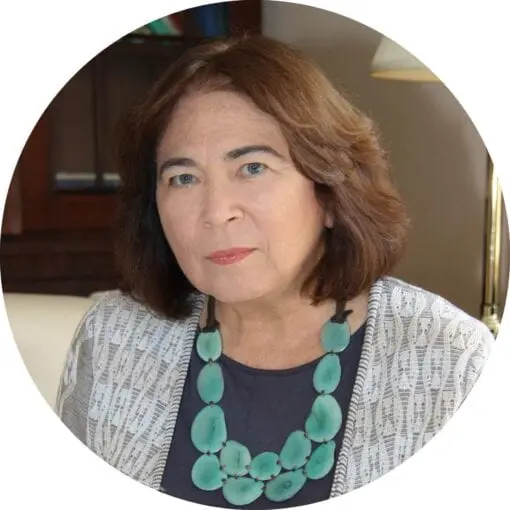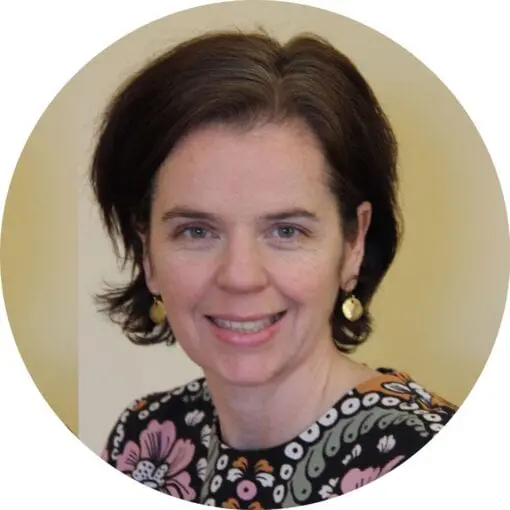By Invitation Only
Third topic in the "Hastings Conversations" series
New prenatal genetic tests:
Complex choices for prospective parents
Is more information always better?
Join Hastings Center President Mildred Solomon
in conversation with
Hastings Scholar Josephine Johnston, LLB, MBHL
by phone Tue, Sept 27 ~ 12:00-12:30 pm ET
What does it mean to be a good parent in the genomic age? New forms of prenatal tests are making their way into the clinic, and are bringing prospective parents more information than ever before. Some of these tests can be performed early in pregnancy, using a tiny sample of the expectant mother’s blood. Today, these new tests are used to screen for dozens of conditions in the fetus, but very soon they could reveal genetic variants related to the increased risk of adult-onset diseases and non-disease features such as eye color.
 Solomon Solomon |
 Johnston Johnston |
Johnston is leading a major Hastings Center project, funded by the National Institutes of Health, on these next-generation prenatal genetic tests and the ethical and policy questions that they raise. With 4 million births in the U.S. each year, the stakes are high for prospective parents, their children, and for our society.
She will explore prospective parents’ interests in knowing — and perhaps not knowing — everything that is possible to learn about their fetus.
What are the implications for the parent-child relationship?
What might the impact of so much knowledge be on the children themselves?
What tests should doctors routinely offer?
What affects might there be on society’s ability to support and
willingness to welcome, children with disabilities?
Ms. Johnston, a New Zealand-trained lawyer with a master’s degree in bioethics, is an expert on the ethical, legal, and policy implications of biomedical technologies, particularly as used in human reproduction, psychiatry, genetics, and neuroscience. She is interviewed frequently by the media, appearing in the New York Times, Wall Street Journal, the Guardian, Wired, Vice Media, and on ABC’s “Nightline.”
Your time is precious, so any Hastings Conversation is structured to last 30 minutes, with the last 10 minutes reserved for those who would like to pose questions.Since 1969, The Hastings Center has been helping policymakers, clinicians, patients, and the public make more informed decisions about some of life’s most profound questions. Hastings Conversations is a series of opportunities to learn of our cutting-edge research, well before it makes the news, and to ask questions of our scholars.
To receive access information
PLEASE RSVP through Siofra Vizzi at vizzis@thehastingscenter.org
or 845-424-4040 ext. 202
The Hastings Center is the nation’s only freestanding bioethics research institute. Independent and nonpartisan, we bring people together who have differing values, perspectives and viewpoints to build trust and public dialogue. Our scholars do rigorous research to build a wiser, fairer, more compassionate and respectful future.

